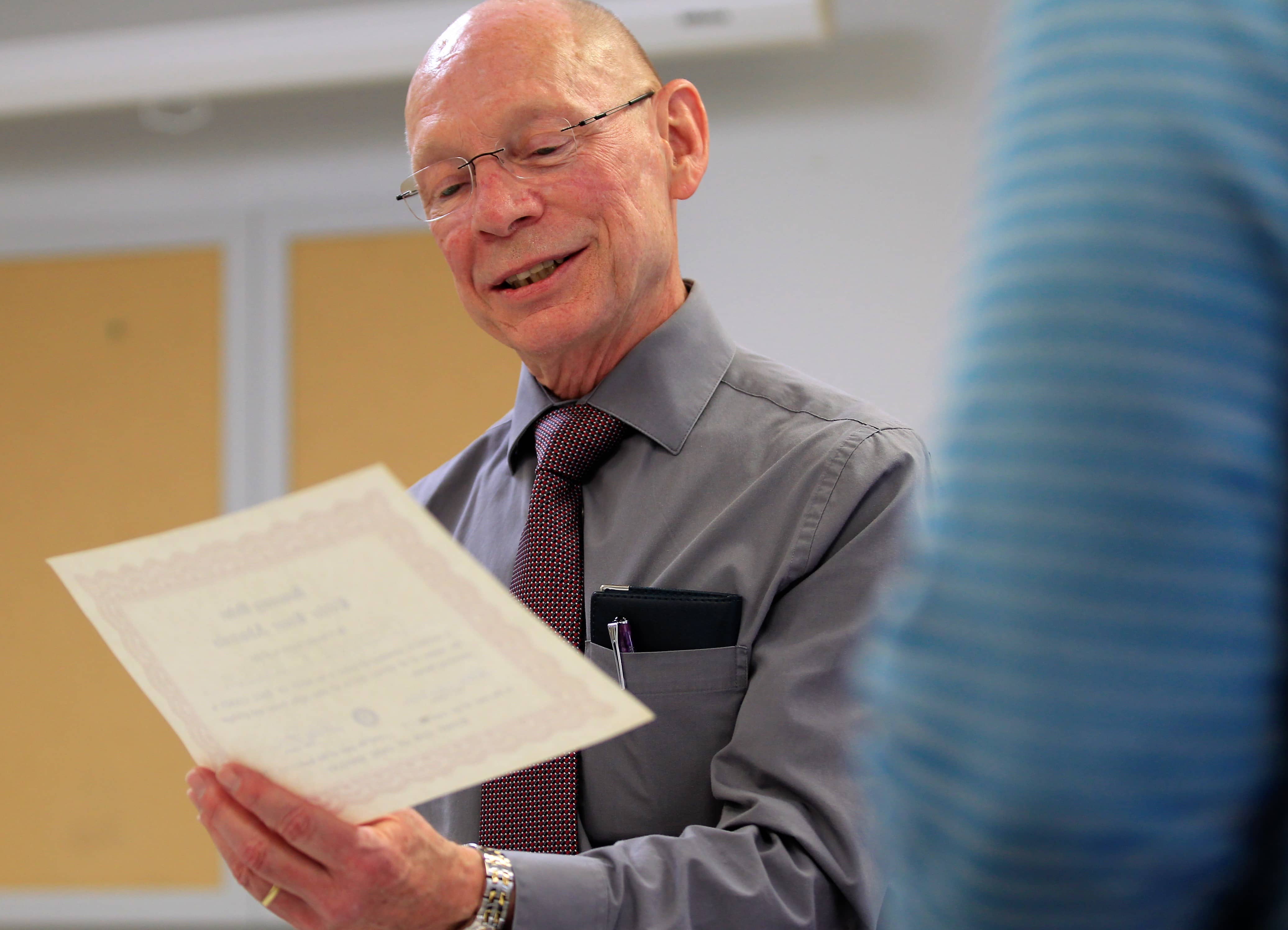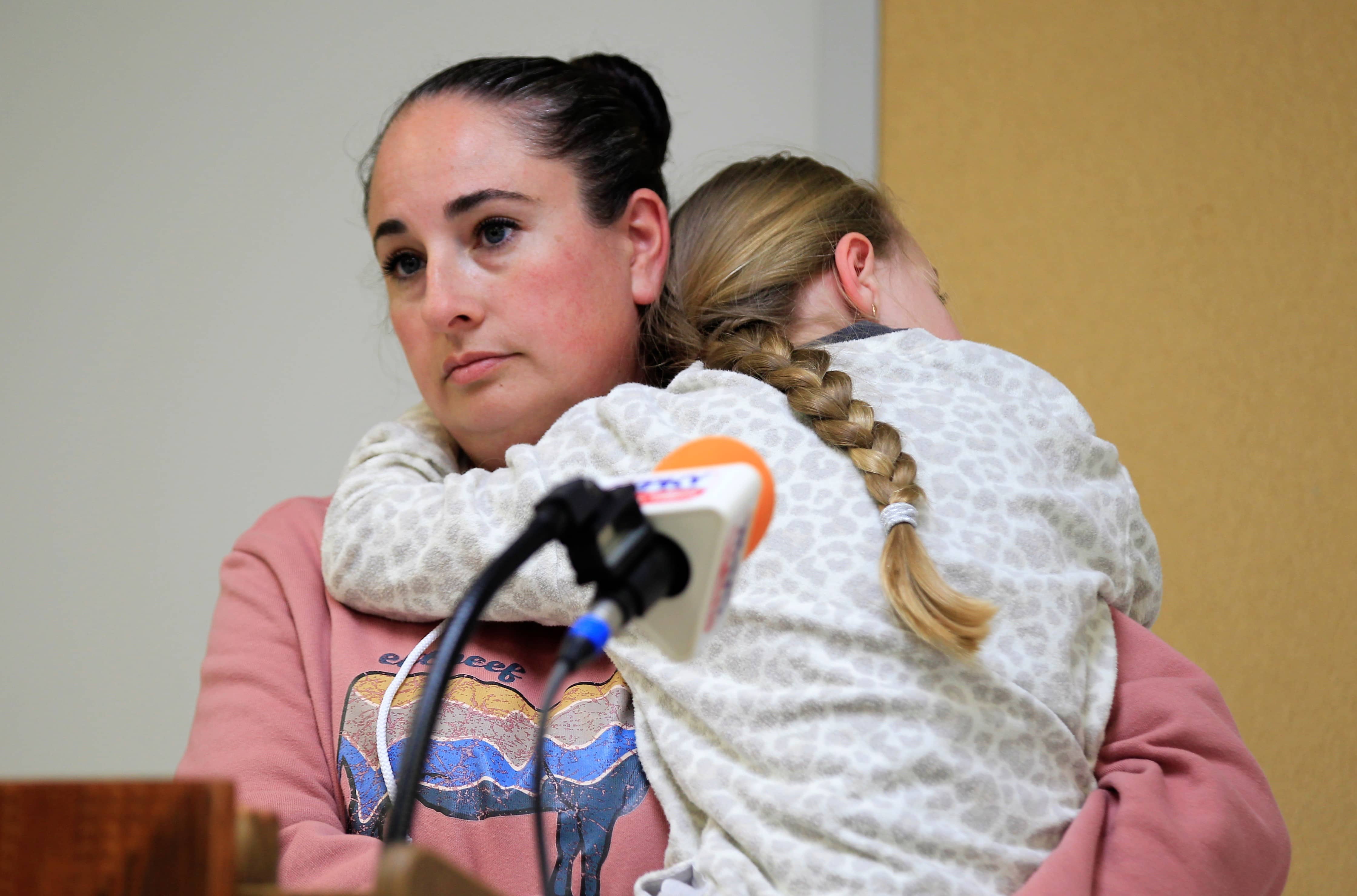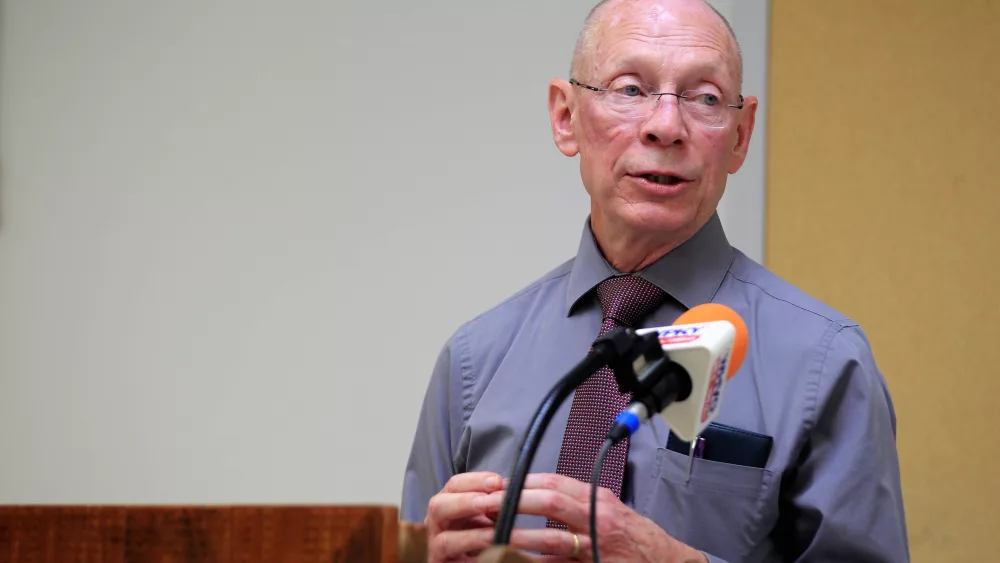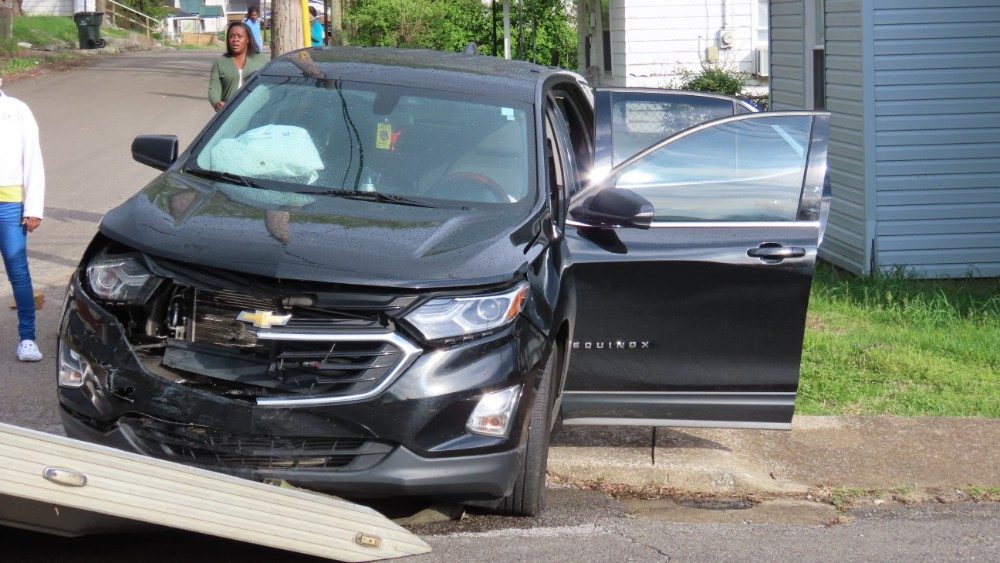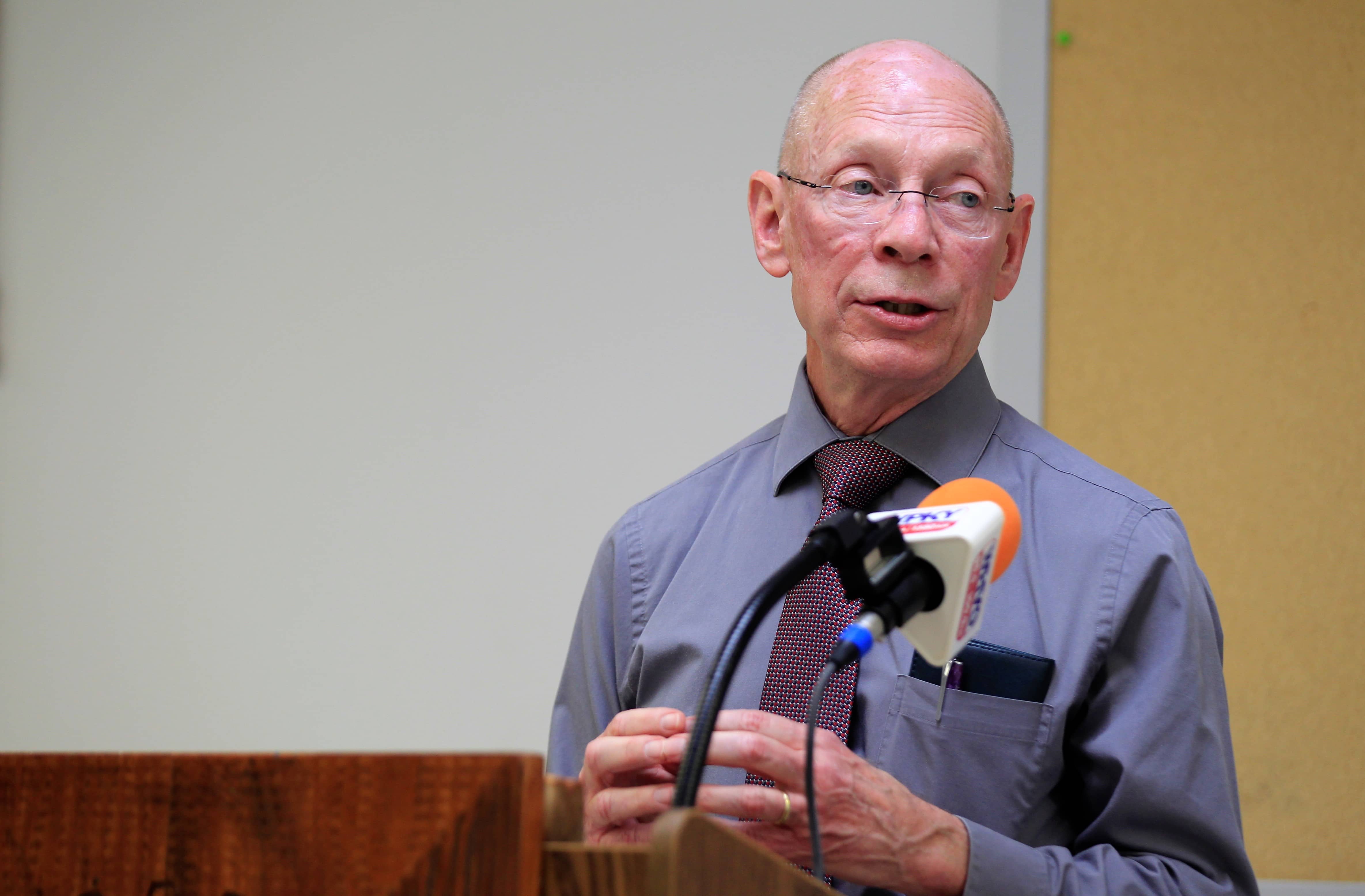
For nearly five decades, C.A. “Woody” Woodall III had his letters in local law — be it alongside long-time partner and friend H.B. Quinn, as assistant Commonwealth’s attorney with Bill Cunningham, or in the lead seat as Circuit Judge for “the mighty 56th.”
But in all the years he managed and litigated civil, criminal and general fronts, it’s those final 15 years on the west Kentucky bench where he learned the most.
In a poignant Tuesday afternoon presentation to the Cadiz Rotary Club, Woodall spoke conversationally and candidly about cherished memories and challenges stemming from a task of such magnitude.
Nothing, he said, truly prepared him for levying leniency or punishment at this level — save for a little bit of schooling, and a lot of parenthood surrounding the care of three children and two step-children.
Serving 15 of his 16 elected years before judges Jamus Redd and Natalie White “graciously” took over, Woodall said he “loved his job,” but had finally reached a point manifested as “tired of being tired.”
He noted the 56th Circuit “became the busiest on a per judge basis” in the entire Commonwealth during his tenure, and as such, two judges were more than needed.
During the first four years of his servitude, Woodall said he dealt with five murder cases on the docket moving toward trial — three of which were death penalty cases. In the interest of justice, he further noted a circuit judge must take time and make time for proper, litigious procedure.
Three specific murders — all in Trigg County — stick with him even today, beginning with the Roaring Springs murders from Kevin Wayne Dunlap.
A number of constitutional rights cases came across his desk, as well, involving a plethora of Kentucky State Penitentiary inmates and their various religious rights seemingly infringed — including Rastafarianism, Native American, Cathars and others.
His first decade-plus also included nearly a dozen murders in Caldwell County, after which he “lost count.”
With darkness, though, came light.
Among his top comedic moments: a young lady from Princeton, aged 13, was part of a custody battle.
Woodall said he often asked routine, open-ended questions of children, so he could explore thoughts fairly and just. He’d kick out parents and representation, and then close by asking: “Do you have any questions for me?”
And this girl did.
Another key ray of sunshine in the courtroom: families who took part in the adoption process.
Retirement is going along well, Woodall said, and he hasn’t made any serious plans about the next chapter and what it may entail.
What he will continue to do, however, is pass the message of democracy and law — noting the Rotary “Four-Way Test Of The Things We Think, Say, Or Do” simply aligns with the “Golden Rule.”
Abide by it, and civility and decency reign. Woodall said it’s “the glue” holding America together, because the founding fathers didn’t choose autocracy, theocracy, anarchy, aristocracy or some other form of government.
The rule of law is necessary, he added, because as former President John Adams once said: “We are a government of laws, not of men.”
Woodall’s full comments:
